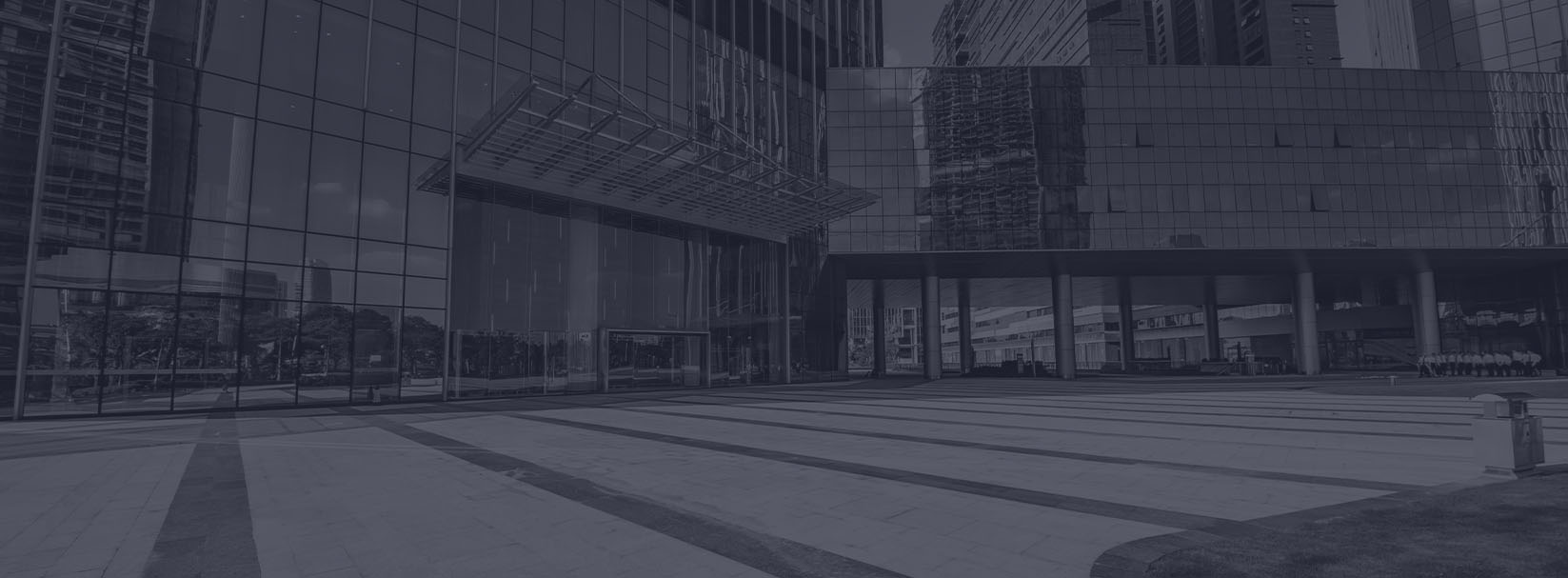The COVID-19 pandemic has disrupted life and business around the world, yet leases go on. When negotiating pre-pandemic leases, it is likely that you worked hard to ensure that as a tenant you received beneficial lease provisions. Now is the time to capture the full value of your negotiations. Lease auditing to ensure proper assessment of landlord charges – including examination of all lease documents and the interpretation of lease language – will be critically important going forward in a post-COVID environment, given all the ways that COVID-19 has impacted how landlords service buildings and how companies occupy space.
Nationwide stay-at-home measures to slow and prevent the spread of COVID-19 quickly forced most office occupiers to close physical locations and shift to work-from-home environments beginning in midMarch. Retail tenants were impacted further, with many not just shutting doors, but fully shutting down operations as nonessential shops were forced to halt business, and restaurants were limited to take-out or delivery services under government regulations.
In this lockdown period, NAREIT, a membership organization for real estate investment trusts (REITs) and publicly traded real estate companies, surveyed 35 equity REITs to understand how rent nonpayments and closures had affected their businesses. Industrial sector rent collection has remained fairly steady, while office collections have declined to 94%–96% of typical rent payments between April and June. Retail has fallen far more sharply down between 40–65% of normal collections in shopping center environments. Owners are facing significant rental revenue losses while many tenants are facing difficulty in meeting obligations and operating under current circumstances.
